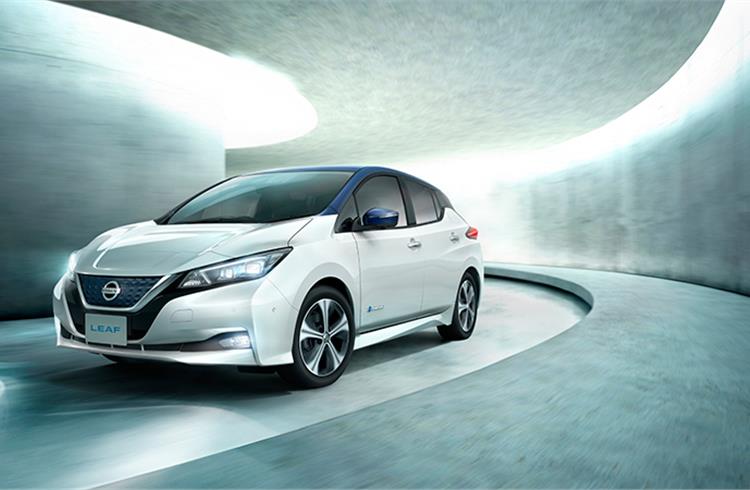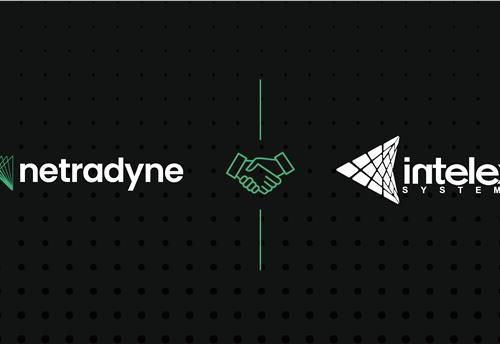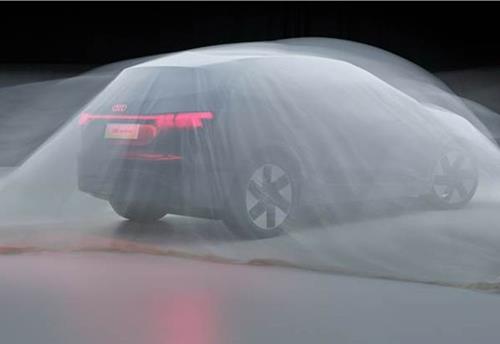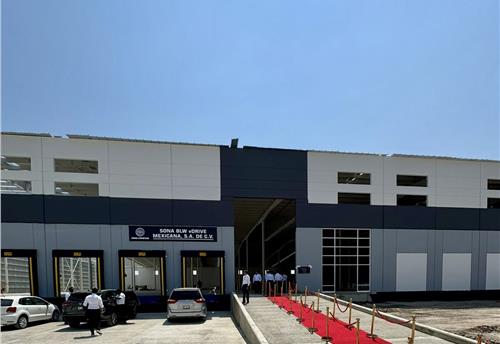Nissan reveals an entire ecosystem for EVs
Nissan’s vision is to make the electric vehicles more beneficial with its batteries’ ability to store and share energy.
Nissan has announced its ‘Nissan Energy' vision where owners of Nissan's electric vehicles will be able to easily connect their cars with energy systems to charge their batteries, power homes and businesses or feed energy back to power grids. The company will also develop new ways to reuse electric car batteries.
Nissan claims to have already begun programmes in the U.S., Japan and Europe that are aimed at creating an ‘ecosystem’ around its range of electric vehicles, including the Nissan Leaf, one of the best-selling electric cars in the world. Nissan Energy brings these initiatives together as part of the company's Nissan Intelligent Mobility strategy.
"Nissan Energy will enable our customers to use their electric cars for much more than just driving – now they can be used in nearly every aspect of the customer's lives," said executive vice president Daniele Schillaci, Nissan's global head of marketing, sales and electric vehicles. "Our Nissan Intelligent Mobility vision calls for changing how cars are integrated with society, and Nissan Energy turns that vision into reality."
Nissan has revealed three key initiatives to enable Nissan Energy establish new standards for connecting vehicles to the energy systems.
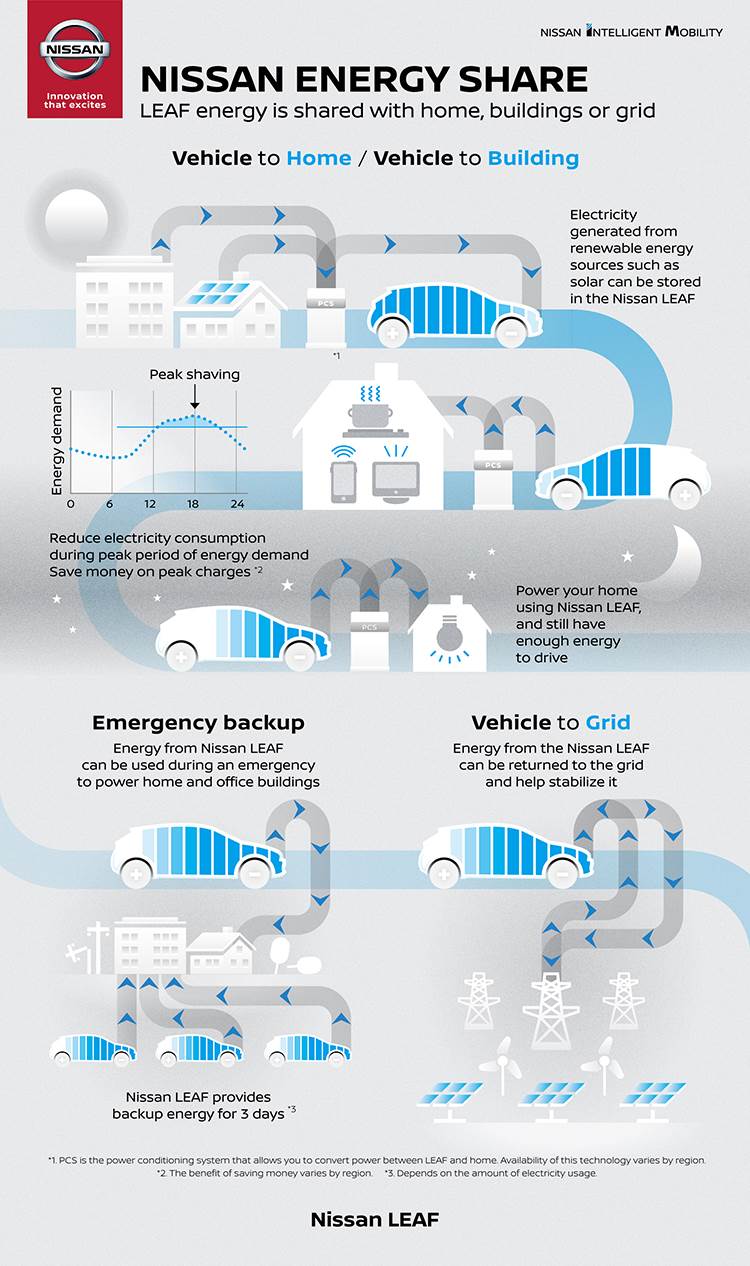
Nissan Energy Supply, Nissan Energy Share and Nissan Energy Storage.
High-profile Nissan Energy initiatives extend to a variety of locations, including Nissan's North American headquarters:
Some of the initiatives under the Nissan Energy vision are:
- At Franklin Tennessee, Nissan North America will be piloting the use of Leaf vehicles to assist in powering its headquarters facilities during peak electrical demand times, anticipating significant cost savings
- At Hagen, Germany, Leaf vehicles will be used as a reserve for the German electricity grid. The pilot project involves Nissan, technology company The Mobility House, energy supplier Enervie and transmission system operator Amprion
- In Japan, Nissan is working with partners such as electric and telecom companies, conducting field tests of vehicle-to-grid and virtual power plant systems to confirm and promote opportunities for electric vehicles to assist with managing energy
Nissan Energy Supply: connected charging solutions everywhere
Customers want to charge their electric vehicles when it's most convenient, and the majority of charging takes place at home. Nissan's efforts to assist customers includes verifying whether charging equipment, such as electrical sockets or wall boxes, can be connected to Nissan electric vehicles safely (market-dependent).
Away from home, customers can make use of the fast-growing CHAdeMO charging network – one of the world's largest, with more than 22,000 quick-charging points globally.
Finding charging locations and hooking into the network – allowing Nissan Energy Supply to come alive – is made possible through the revised Leaf navigation system and the NissanConnect app.
Nissan Energy Share: Harnessing energy integration potential
According to Nissan, the batteries in an electric car can do more than just power the vehicle; they can also serve as mobile energy storage devices. The company claims that its current operational vehicles contain more than 10 GWh of combined storage potential. Under the Nissan Energy Share, the vehicle connects with society's infrastructure to allow them to share their high-capacity battery power with a connected home or building. They also allow the cars to link to the local energy grid to act as virtual power plants – supplying the vehicle's power to the grid and contributing to efficient energy management. Thus, customers will be able to share spare battery capacity without compromising their mobility.
Nissan has already carried out its Energy Share pilot programs in Japan, the U.S., Europe and other markets, collaborating with several companies and organisations. Nissan looks to commercialise the following systems after the successful completion of their pilot tests.
- Vehicle-to-home (V2H): Nissan is working with partners to bring inexpensive equipment to the market to popularise V2H. Using V2H, owners of Nissan electric vehicles can use their cars as a power source for the household to save money on electricity bills, or as backup power during blackouts or emergencies. This allows the usage of renewable energy when available, or when electricity is cheaper.
- Vehicle-to-building (V2B): Similar to V2H, V2B makes use of electric vehicle batteries to store energy for buildings and businesses. However, a V2B system can involve hundreds of vehicles to realise major cost savings for a company. Full-scale trials of V2B systems have already started in many countries. Nissan and its partners are looking to bring the systems to market in 2019.
- Vehicle-to-grid (V2G): Nissan has formed partnerships with utility companies and governments to harness V2G capabilities. In trials in Europe, Nissan cars are providing multiple services to the electricity grid – helping balance energy networks and incorporate renewable energy. Working with partners, Nissan is piloting ways to let customers earn additional income by sharing energy from their vehicles when they are not being otherwise used, without affecting the customer's mobility needs or the health of the vehicles.
Working with Fermata Energy, a vehicle-to-grid systems company, Nissan North America is launching a new pilot program under the Nissan Energy Share initiative, which leverages bi‑directional EV charging technology to partially power its North American headquarters in Franklin, TN, and its design center in San Diego, CA.
Ideal for companies with fleet vehicles, the Nissan Energy Share pilot program will continuously monitor a building's electrical loads, looking for opportunities to periodically draw on the LEAF's ‘lower-cost energy’ to provide power to the building during more expensive high-demand periods. This constant monitoring, called demand-charge management, could result in significant electricity savings and could offer the secondary benefit of reducing the burden of peak loads on local utilities.
Nissan Energy Storage: 'Second life' to an electric vehicle's battery
Under this initiative, Nissan says that the battery could be put to use even after completing its life cycle of powering an EV. The battery can be recycled and refurbished for a number of different uses – from powering electric forklifts and generators to supplying energy to a sports arena. As more and more customers switch to electric cars, the availability of used lithium-ion batteries is expected to increase significantly as owners replace their vehicles.
These are some of the Nissan Energy Storage programs to date:
- Japan: In 2010, Nissan joined forces with Sumitomo Corporation to establish 4R Energy Corporation, which repurposes lithium-ion batteries from electric cars for new uses. The first 4R Energy plant opened its doors in March 2018. By using the battery-refabricating capabilities of 4R Energy, Nissan is able to reuse batteries for EV applications, store energy or power heavy equipment, among other uses.
- Europe: Nissan is reusing electric vehicle batteries as part of an advanced home power solution. In the U.K, the company has combined that energy storage with advanced solar panels. In June, Nissan inaugurated one of Europe's biggest energy storage system at Holland's Johan Cruyff Arena. Powered by 148 Nissan LEAF batteries, the system operates independently from the main power grid.
- South America: Nissan Brazil and the Federal University of Santa Catarina have signed a memorandum of intent to test solutions and future applications for used EV batteries.
"Nissan now offers customers a true EV ecosystem with Nissan Energy," said Schillaci. "This is what we feel is the "new standard for electrification' – it's not just about owning a vehicle but taking advantage of all the associated benefits, for the customer and society overall."
Also read: Nissan Leaf batteries power Dutch stadium's energy storage system
Nissan Leaf approved as an electricity grid stabiliser in Germany
RELATED ARTICLES
Netradyne expands UK operations via partnership with Intelex
The collaboration between Netradyne and Intelex marks a substantial leap forward in advancing road safety and fleet mana...
Audi Q6L e-tron, Q5 e-tron RS, SQ6 coming to Beijing motor show 2024
Long-wheelbase Audi Q6 e-tron, SQ6 based on PPE platform.
Sona Comstar opens new plant in Mexico to cater to growing EV demand in N America
The new facility, set up to meet the growing demand for high-quality driveline solutions for BEVs in North America, will...





 By Autocar Pro News Desk
By Autocar Pro News Desk
 29 Nov 2018
29 Nov 2018
 4647 Views
4647 Views



